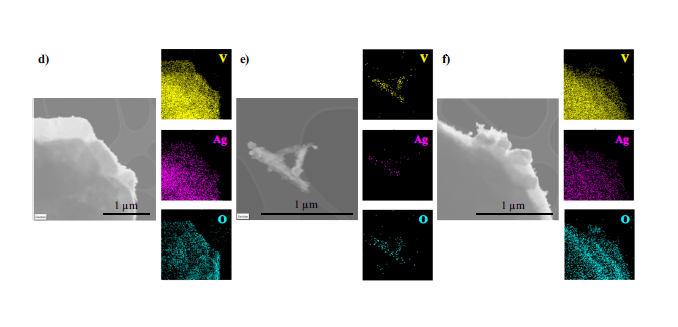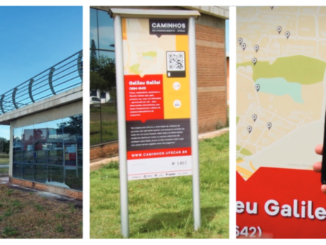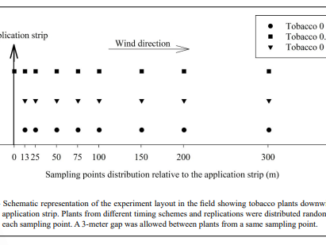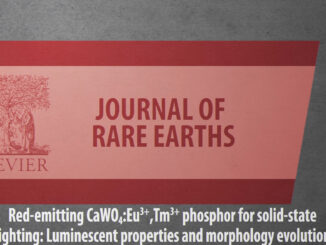
Bactericidal activity of Ag4V2O7/β-AgVO3 heterostructures against antibiotic-resistant Klebsiella pneumoniae
Abstract: Although Ag-based materials are efficient against antibiotic-resistant bacteria, their high toxicity to living organisms represents a major challenge for obtaining useful products. In this work, we report the bactericidal activity of Ag4V2O7/β-AgVO3 heterostructures, which proved to be effective against Klebsiella pneumoniae (ATCC 1706, a standard strain; A54970, a multidrug-resistant carbapenemase (KPC)-producing strain; A34057, a multidrug-resistant strain capable of producing extended spectrum beta-lactamases (ESBL); and a community-isolated strain, A58240) at minimum inhibitory concentrations (MIC) as low as 62.5 μg/mL. This activity is higher than that reported for the individual silver vanadates (Ag4V2O7 or β-AgVO3) owing to the synergistic interactions between both semiconductors. However, the most efficient heterostructure was found to be toxic to mouse 3 T3 fibroblasts and to L. sativa and C. sativus seeds, as indicated by MTT ((4,5 – dimethylthiazol -2yl) 2,5 -diphenylbromide), neutral red assays and germination index measurements. The antimicrobial, phytotoxic and cytotoxic activities were all associated with an efficient generation of reactive oxygen species (ROS) in the heterostructure, especially radical dotOH and radical dotO2− radicals. The ROS production by Ag4V2O7/β-AgVO3 heterostructures was measured through photodegradation studies with Rhodamine B. While the bactericidal activity of the heterostructures is promising, especially when compared to Ag-based materials, their use in practical applications will require encapsulation either to avoid leaching or to mitigate their toxicity to humans, animals and plants.
Author(s): Assis, M.; Silva, J.S.; Gonçalves, M.O.; Rodolpho, J.M.A.; Fragelli, B.D.L.; Corte, A.B.P.; Ribeiro, L.K.; Teodoro, M.D.; Anibal, F.F.; Sousa, C.P.; Oliveira, O.N.; Andrés, J.; Longo, E.
Biomaterials Advances
Published: October 2022, Volume 141, 213097
DOI: https://doi.org/10.1016/j.bioadv.2022.213097
CDMF
The CDMF, hosted at the Federal University of São Carlos (UFSCar), is one of the Research, Innovation and Dissemination Centers (RIDC) supported by the São Paulo State Research Support Foundation (Fapesp), and also receives investment from the National Council Scientific and Technological Development (CNPq), from the National Institute of Science and Technology of Materials in Nanotechnology (INCTMN).




